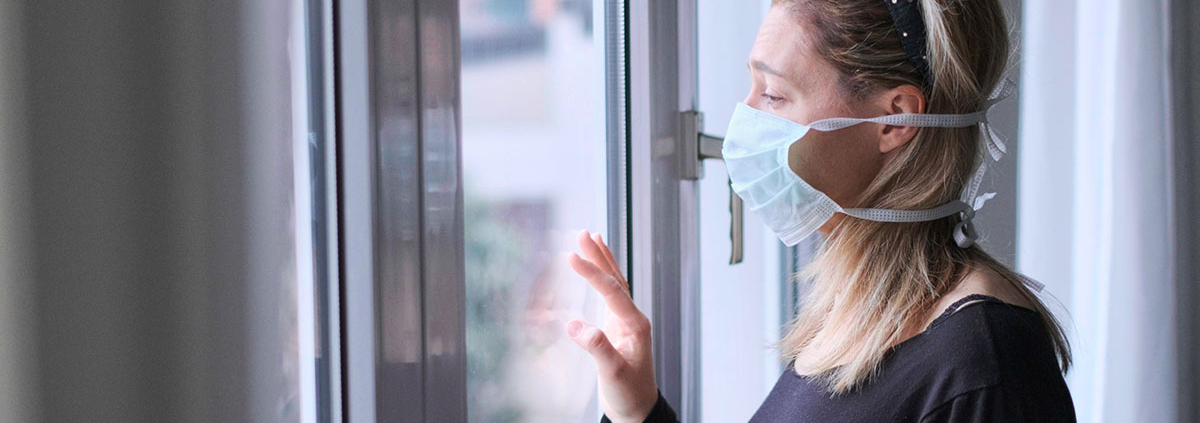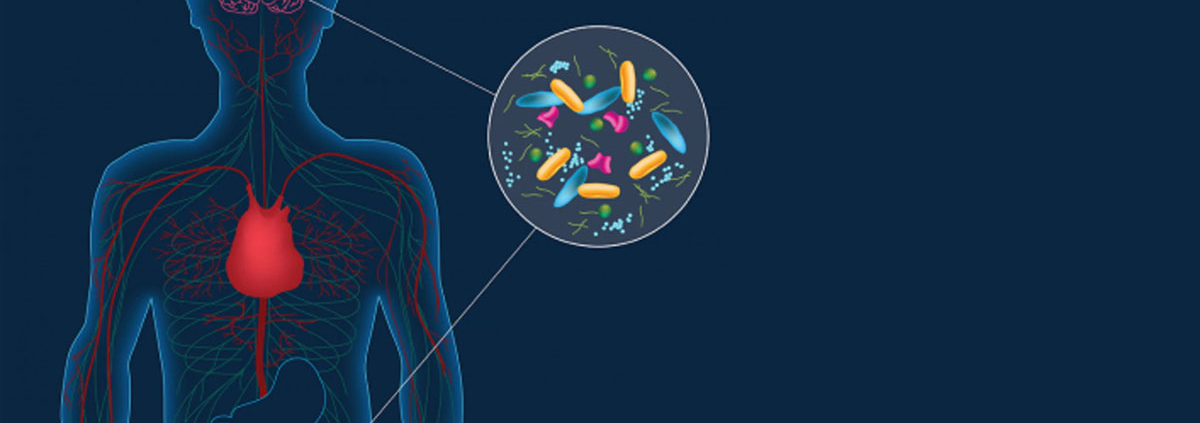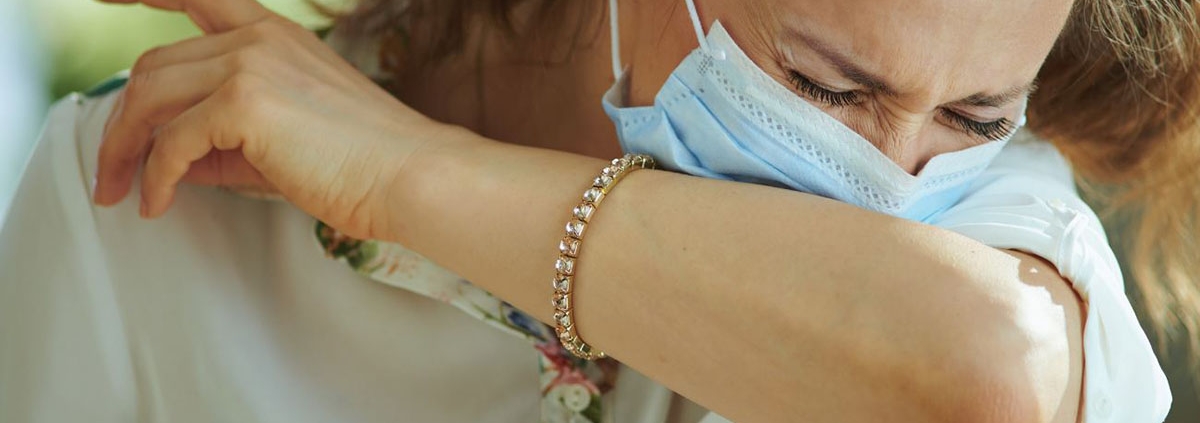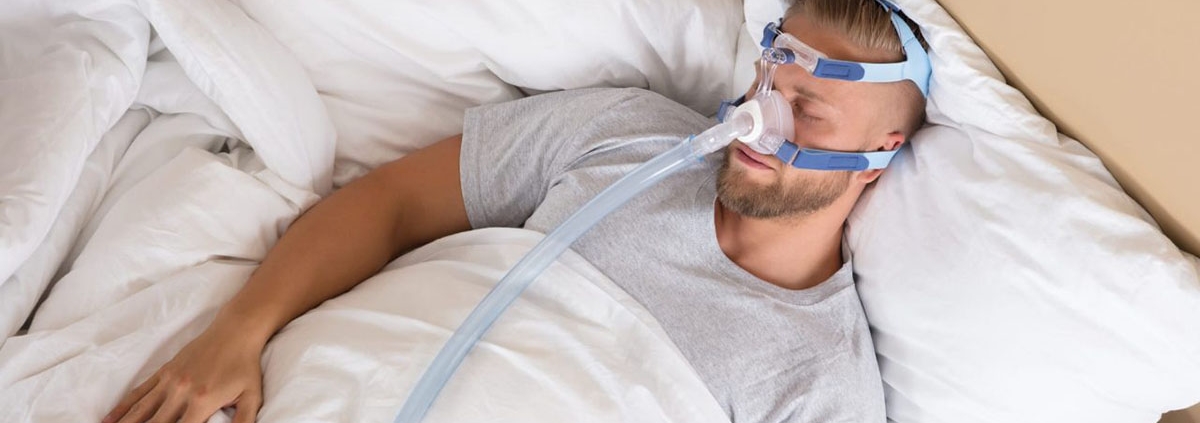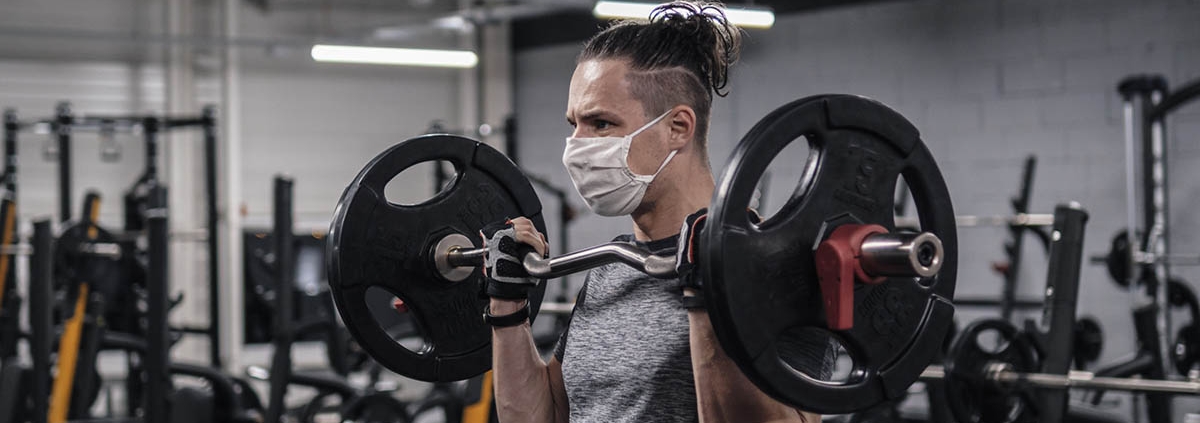During the COVID-19 pandemic, attention has been focused on how those with both allergies and asthma might be affected should they become ill. A new study being presented at this year’s virtual American College of Allergy, Asthma and Immunology (ACAAI) Annual Scientific Meeting examines hospital data to determine if those with allergic conditions had more severe COVID-related disease than those without.
“In looking at the outcomes for patients based on allergic diseases such as allergic rhinitis, asthma, eczema, and food allergy, we didn’t find significant differences in the numbers of interventions needed for those with allergies versus those without when it came to COVID-19,” says allergist Mitchell Grayson, MD, ACAAI member and co-author of the study. “For example, with regard to ICU admission, 43% of those with allergic disease were admitted versus 45% without. And 79% of those with allergy needed supplemental oxygen versus 74% of those without.”
In the study, more patients with allergies had COPD (39% vs. 17%), which is a known risk factor for severe disease with COVID. After statistically controlling for the presence of COPD and its association with more severe COVID-related illness, the researchers found a statistical trend suggesting possible protection in those with pre-existing allergic disease but not asthma.
Release date: 13 November 2020
Source: American College of Allergy, Asthma, and Immunology

